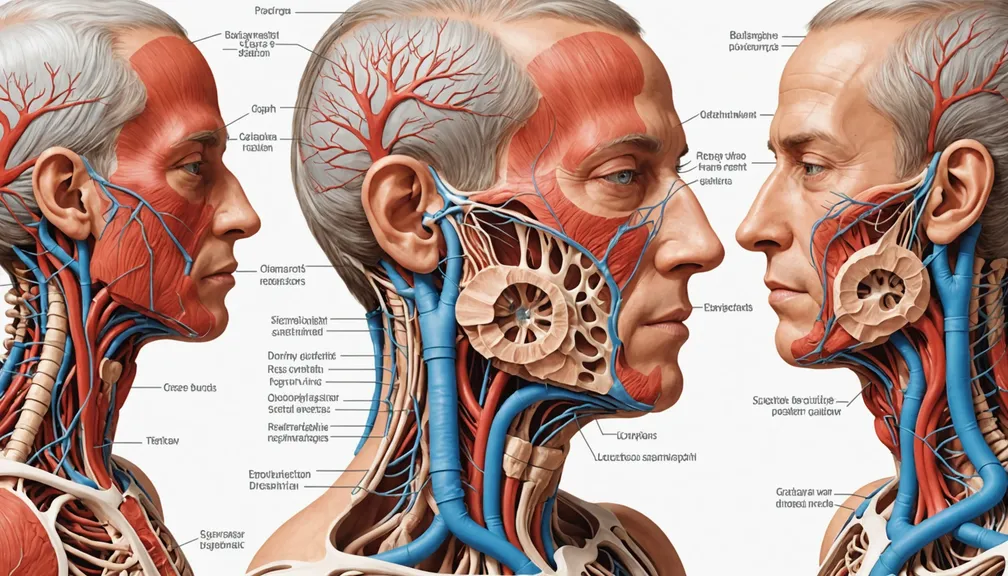Managing Daily Life: Activity Levels and Energy Conservation
Living with a rare respiratory disease can make daily activities more challenging. Understanding how to manage your energy and conserve it effectively can significantly improve your quality of life. This lesson provides practical strategies to help you balance activity and rest, ensuring you maintain as much independence and comfort as possible.
Understanding Your Energy Levels
- Recognize Your Limits
- Pay attention to signs of fatigue and breathlessness.
-
Keep a journal to track your energy levels throughout the day.
-
Identify Energy Drains
- Notice which activities consume the most energy.
- Assess your daily routines to find areas to adjust.
Planning Your Daily Activities
- Create a Daily Schedule
- Plan activities during times when you feel most energetic.
-
Include regular breaks to rest and recover.
-
Set Realistic Goals
- Break larger tasks into smaller, manageable steps.
- Celebrate small achievements to stay motivated.
Prioritizing Tasks
- Determine Essential Activities
-
Focus on tasks that are necessary for your well-being and daily functioning.
-
Delegate When Possible
-
Ask for help from family members or friends for tasks that are too tiring.
-
Learn to Say No
- It’s okay to decline additional responsibilities to preserve your energy.
Rest and Recovery
- Incorporate Regular Rest Periods
-
Schedule short breaks between activities to prevent exhaustion.
-
Create a Restful Environment
-
Ensure your resting area is comfortable and free from distractions.
-
Listen to Your Body
- If you feel tired, take the time to rest, even if it wasn’t planned.
Breathing Techniques
- Practice Deep Breathing
-
Inhale slowly through your nose, hold for a few seconds, and exhale through your mouth.
-
Use Pursed-Lip Breathing
-
Breathe in through your nose and exhale slowly through pursed lips to improve airflow.
-
Incorporate Relaxation Exercises
- Techniques such as meditation or progressive muscle relaxation can reduce stress and improve breathing efficiency.
Creating a Supportive Environment
- Optimize Your Home
-
Arrange frequently used items within easy reach to minimize movement.
-
Use Assistive Devices
-
Tools like reachers or ergonomic supports can help perform tasks with less effort.
-
Maintain Good Air Quality
- Keep your living space well-ventilated and free from pollutants that may affect your breathing.
Nutrition and Hydration
- Maintain a Balanced Diet
-
Eat foods rich in vitamins and minerals to support overall health and energy levels.
-
Stay Hydrated
-
Drink plenty of fluids to keep mucus thin and easier to clear from your lungs.
-
Avoid Heavy Meals
- Large meals can make you feel sluggish; opt for smaller, more frequent meals instead.
Seeking Professional Help
- Occupational Therapist
-
Helps you develop strategies to perform daily activities efficiently and safely.
-
Physical Therapist
-
Guides you through exercises to maintain strength and improve breathing.
-
Respiratory Therapist
-
Provides specialized care and techniques to enhance lung function.
-
Dietitian
-
Assists in creating a meal plan that meets your nutritional needs without compromising energy levels.
-
Social Worker or Counselor
- Offers support and resources to help you cope with the emotional aspects of your condition.
Tips for Loved Ones
- Understand Their Needs
-
Learn about the disease and how it affects daily life to provide better support.
-
Encourage Independence
-
Allow your loved one to do tasks they can manage while offering assistance when needed.
-
Promote a Positive Environment
- Create a supportive and understanding atmosphere to boost their morale and well-being.
Practical Strategies for Energy Conservation
- Use Good Posture
-
Standing or sitting upright can make breathing easier and reduce fatigue.
-
Simplify Movements
-
Plan your movements to use the least amount of energy, such as walking within a smaller area.
-
Limit Unnecessary Movements
- Avoid repetitive tasks that can lead to increased energy expenditure.
Managing Flare-Ups
- Recognize Early Signs
-
Be aware of symptoms indicating a worsening condition and take action early.
-
Adjust Activities Accordingly
- Scale back activities during flare-ups to allow your body to recover.
By implementing these strategies, you can manage your daily activities more effectively, conserve energy, and maintain a higher quality of life despite the challenges posed by a rare respiratory disease. Remember, it's important to work closely with your healthcare team to tailor these suggestions to your specific needs.






